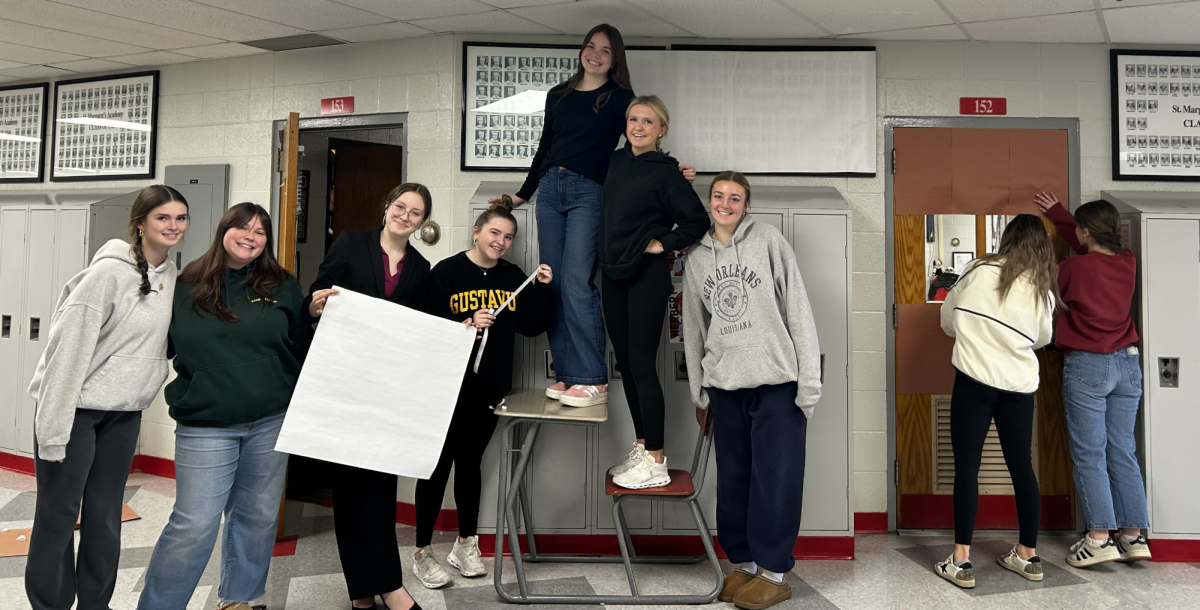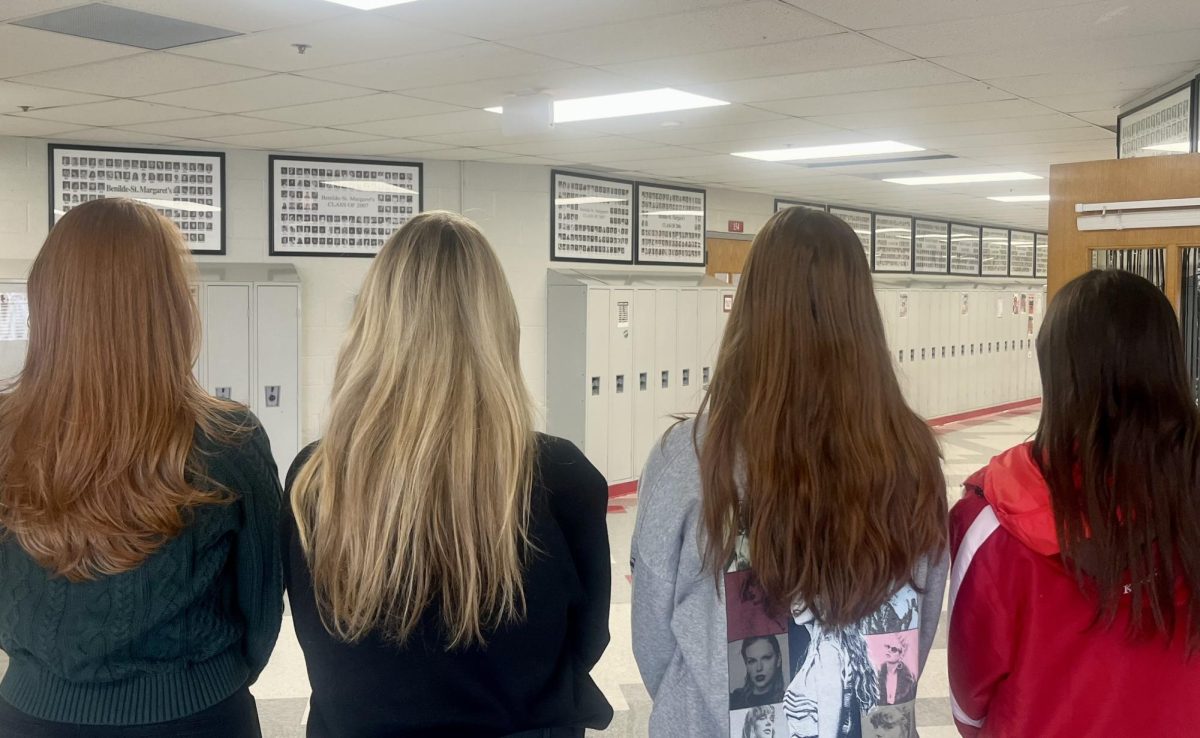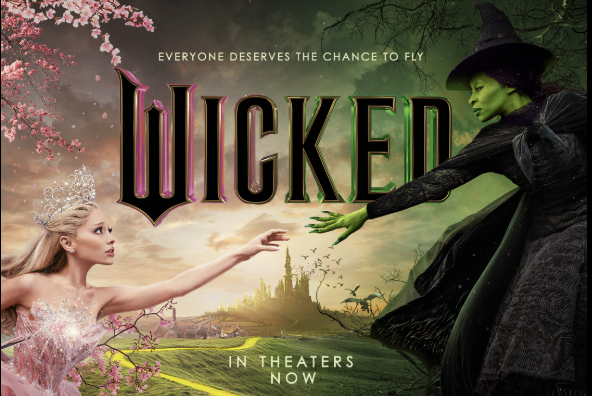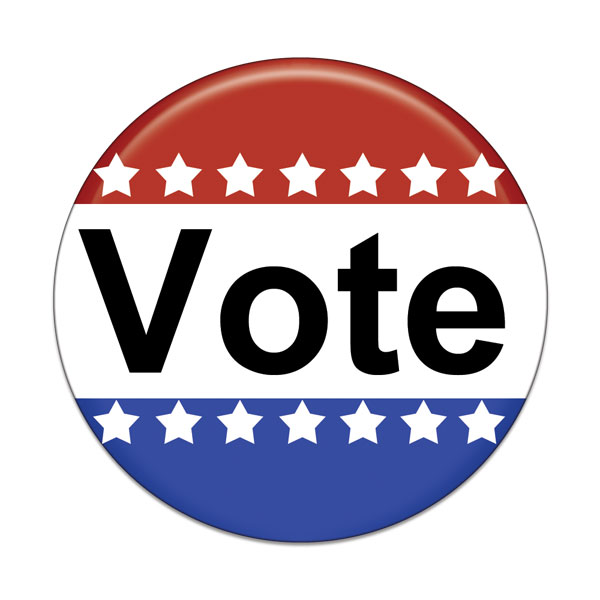At first glance, the voter ID amendment seems like a no brainer. The government requires identification for plenty of other things – like driving and buying alcohol – so why shouldn’t we have to provide identification to vote? But the flaws do not come to the surface until the amendment is examined in detail.
The amendment blatantly targets several groups of people: the poor, college students, elderly, minorities and the disabled. These groups would all suffer the direct consequence of being denied their constitutional right to vote if this amendment is passed because they may not be able to get proper identification to be able to vote.
Requiring a photo ID would disenfranchise a significant number of Americans – 11 percent in fact – because the amendment requires identification issued by the State of Minnesota that shows a permanent address. Those who are in this 11 percent do not have a photo ID for many reasons, including the fact that they lost their homes in the housing crash, moved into the state without new identification, or weren’t able to afford or have the means to acquire identification.
In Minnesota, the cost of obtaining a government-issued identification is a mere $15.50, and the amendment declares that the state would grant free identification, but many Minnesotans do not have proper documentation to prove who they are or the means to acquire such IDs. To prove name alone with a marriage license and birth certificate costs as much as $35. If getting proper identification was as simple as walking down to the city hall with a $20 bill in hand, there would be no problem, but it isn’t.
The amendment declares that the government will issue free identification, but that doesn’t come cheap. It is estimated that this process will cost about 12-40 million dollars for the state of Minnesota. Why would the government waste millions on a non-issue rather than fix roads, or build parks? It just doesn’t make sense.
As Americans, it is our fundamental right to vote. Poor people can vote, rich people can vote, minorities can vote; anyone who is of age can vote unless they have been convicted of a felony. According to the fifteenth amendment of the United States Constitution: “The right of citizens of the United States to vote shall not be denied or abridged by the United States or by any State on account of race, color, or previous condition of servitude.” So if the voter ID amendment goes directly against the Constitution by preventing those of a “previous condition of servitude” (those who do not possess a government ID) from voting, why is it in consideration?
Some believe that the amendment would help to stop voter fraud, but this isn’t an issue in the first place. In a five year phase during the Bush administration, where over 196 million votes were cast, there was a whopping total of 86 voter fraud cases. Yes, 86. Or, when looking at percentages, 0.00004 percent of votes cast.
In 2008, there were 1,531 voter fraud investigations in Minnesota, resulting in 26 convictions of felons voting. While some say that this is enough to warrant action, the voter ID law will do absolutely nothing to prevent these felons, as well as other ineligible voters, from attempting to vote in future elections. Because background checks are not performed by voting moderators, these people will still be able to vote with proper photo IDs. If we really want to change the system, we need to directly deal with this issue rather than working towards an amendment that won’t fix the problem.
It comes down to this: how can we, as American citizens, vote in good conscience for an amendment that limits the constitutional rights of fellow Americans? As Minnesota voters walk into the booths on November 6, they will make a monumental decision regarding the constitutional rights of others.
So in a country where UFO sightings are more common than voter fraud, voters will decide what is more important to them: a false sense of security which was never threatened in the first place, or defending every single citizen’s god-given, and constitutional right to vote.











































Mick Hawkins • Oct 1, 2012 at 8:56 pm
Well written and very persuasive.
Voter ID is NOT a problem and never has been. It is a solution looking for a problem.
To vote is a right for those who qualify, unlike cashing a check.
I am hopeful that the amendment will fail.
M. Hawkins